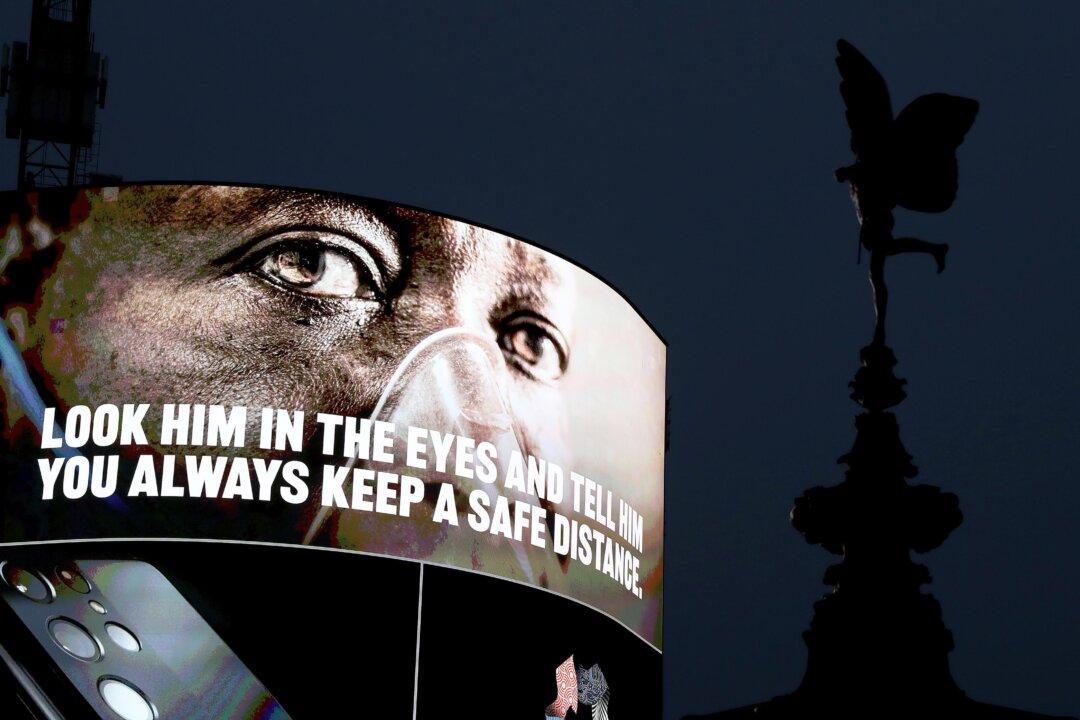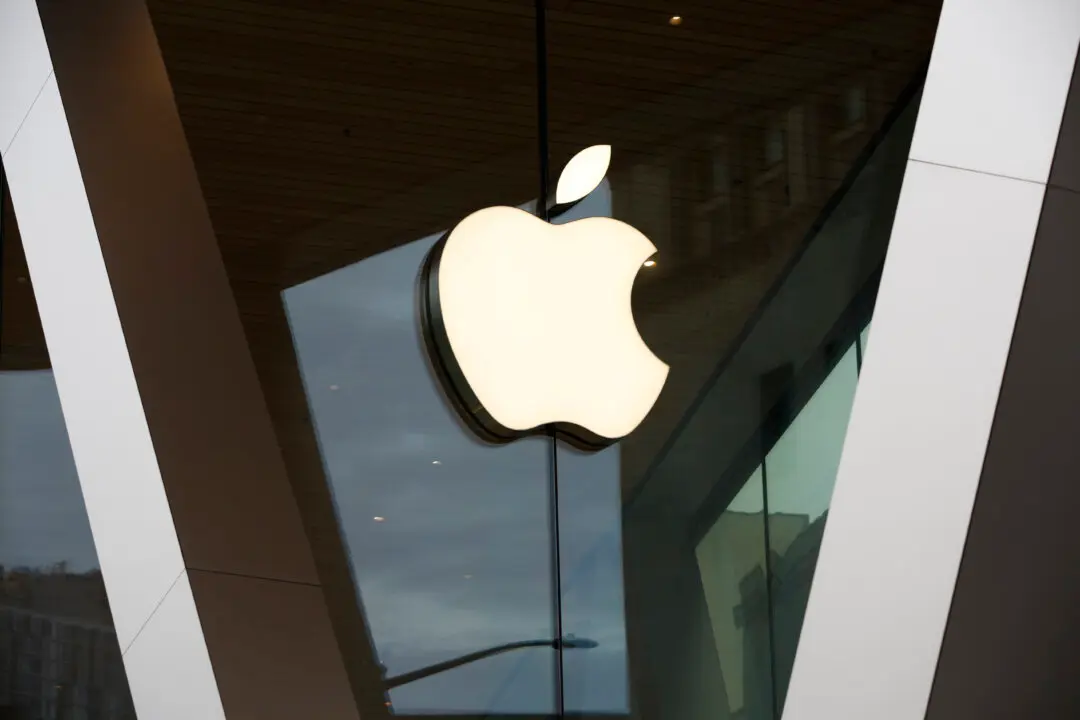The government should change its way of explaining health risks to people and stay clear of using fear-mongering communication messages, a leading British statistician has warned.
Professor Sir David Spiegelhalter was giving evidence to The Times Health Commission, when he criticised health adverts run by the government during the COVID-19 pandemic.





